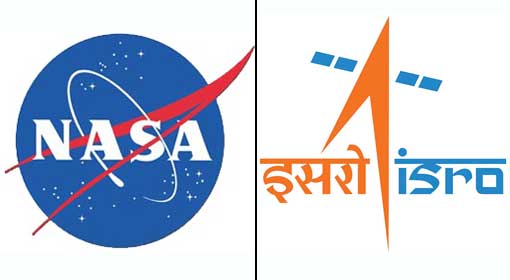New Delhi: The government has accepted the recommendations of a committee under Retired Lieutenant General D.B. Shekatkar, for development of roads and other infrastructure in the border areas. The defence ministry gave this information. This will expedite construction of strategically important roads in the border area. China has built a vast road and rail network in this region. Recently, it was reported that China was building a road in the Demchok region in Ladakh. The implementation of the Shekatkar committee report becomes vital because of these Chinese movements and military preparedness in the border regions.
 In 2017, the government accepted 65 out of the 99 recommendations made by the Shekatkar committee. Most of these were for augmenting the capabilities of the defence forces and restructuring the defence forces from a personnel management point of view. The deployment of officials and soldiers has been restructured in accordance with the recommendations. Now the government has accepted three proposals regarding the development of infrastructural facilities and has initiated implementation.
In 2017, the government accepted 65 out of the 99 recommendations made by the Shekatkar committee. Most of these were for augmenting the capabilities of the defence forces and restructuring the defence forces from a personnel management point of view. The deployment of officials and soldiers has been restructured in accordance with the recommendations. Now the government has accepted three proposals regarding the development of infrastructural facilities and has initiated implementation.
Majority of the infrastructure development works in the border region are executed by the Border Road Organisation (BRO). But now, projects that are more than ₹ 1 billion, well over the capacity of the BRO, will be outsourced. In short, private companies can be awarded contracts for these projects. The Engineering Procurement Contract (EPC) systems will be followed for this purpose. Currently, BRO is constructing 3,000 kilometres of roads. Road works are being carried out in 61 inaccessible regions near the Chinese border. Some of these are ‘All-Weather Roads’ which could prove strategically very important. Some important roads are being constructed by the BRO in the border region near Pakistan. The government can undertake some more road projects in the border regions. The EPC policy will reduce the burden on the BRO to a great extent. At the same time, the rate of development in the border regions will be accelerated.
The rights of direct procurement of machinery and equipment in the hands of BRO have been increased. The provisions for the purpose have been increased too. Till date, BRO was authorised to directly purchase any advanced machinery or equipment up to ₹ 75 million. But now, this limit has been raised to ₹1 billion for indigenous as well as imported machinery purchases. The projects carried out by the BRO will be expedited with the latest equipment. This will also accelerate the construction of tunnels and bridges in the border areas. Meanwhile, the recommendation to make land acquisition, forest and environment clearance a part of sanction of the detailed project report has also been implemented.












